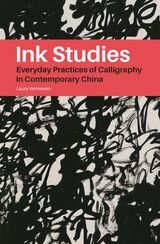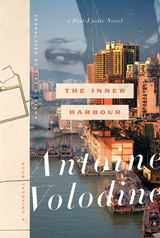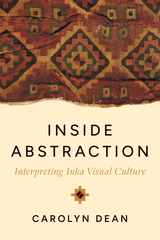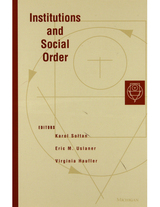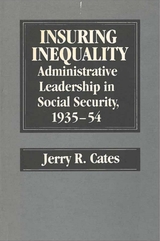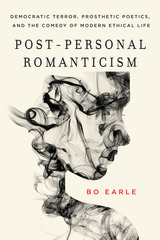
Tracing this insight to Hegel’s suggestion that modern subjectivity is in some sense post-individual or even posthumous, Earle argues that signature Romantic lyrics offer a way forward that avoids postmodernism’s wholesale rejection of autonomous selfhood. With chapters on Wordsworth, Blake, Byron, Shelley, and Keats, Earle traces how Romantic lyrics mine this interminability to recover figurative emblems or masks of selfhood from experiences of its inevitable normative failure. This model is of particularly urgent value today when the costs of modern narcissism, economic exploitation, and political imperialism have come to include the normalization of torture, signature drone strikes, and climate change.
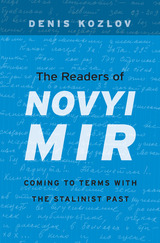
In the wake of Stalin’s death in 1953, the Soviet Union entered a period of relative openness known as the Thaw. Soviet citizens took advantage of the new opportunities to meditate on the nation’s turbulent history, from the Bolshevik Revolution, to the Terror, to World War II. Perhaps the most influential of these conversations took place in and around Novyi mir (New World), the most respected literary journal in the country. In The Readers of Novyi Mir, Denis Kozlov shows how the dialogue between literature and readers during the Thaw transformed the intellectual life and political landscape of the Soviet Union.
Powerful texts by writers like Solzhenitsyn, Pasternak, and Ehrenburg led thousands of Novyi mir’s readers to reassess their lives, entrenched beliefs, and dearly held values, and to confront the USSR’s history of political violence and social upheaval. And the readers spoke back. Victims and perpetrators alike wrote letters to the journal, reexamining their own actions and bearing witness to the tragedies of the previous decades.
Kozlov’s insightful treatment of these confessions, found in Russian archives, and his careful reading of the major writings of the period force today’s readers to rethink common assumptions about how the Soviet people interpreted their country’s violent past. The letters reveal widespread awareness of the Terror and that literary discussion of its legacy was central to public life during the late Soviet decades. By tracing the intellectual journey of Novyi mir’s readers, Kozlov illuminates how minds change, even in a closed society.
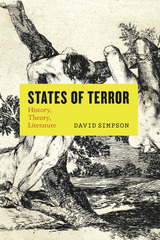
Introducing the concept of the “fear-terror cluster,” Simpson is able to capture the wide range of terms that we have used to express extreme emotional states over the centuries—from anxiety, awe, and concern to dread, fear, and horror. He shows that the choices we make among such words to describe shades of feeling have seriously shaped the attribution of motives, causes, and effects of the word “terror” today, particularly when violence is deployed by or against the state. At a time when terror-talk is widely and damagingly exploited by politicians and the media, this book unpacks the slippery rhetoric of terror and will prove a vital resource across humanistic and social sciences disciplines.
READERS
Browse our collection.
PUBLISHERS
See BiblioVault's publisher services.
STUDENT SERVICES
Files for college accessibility offices.
UChicago Accessibility Resources
home | accessibility | search | about | contact us
BiblioVault ® 2001 - 2025
The University of Chicago Press


